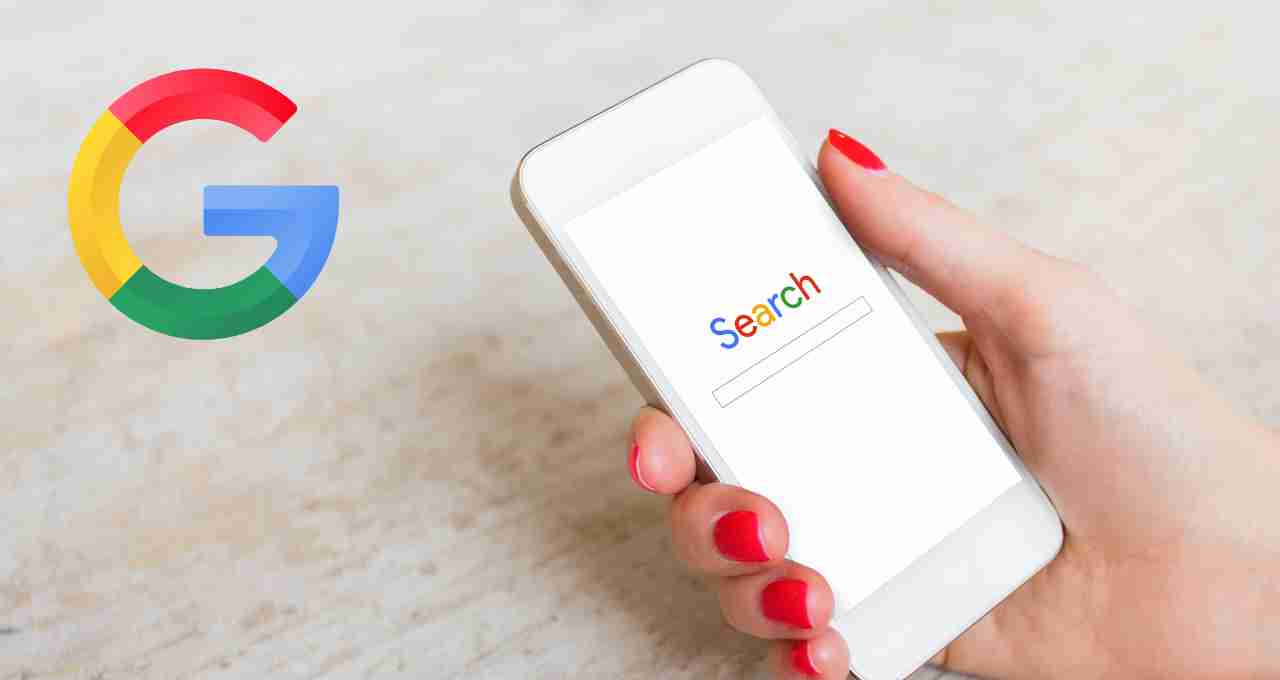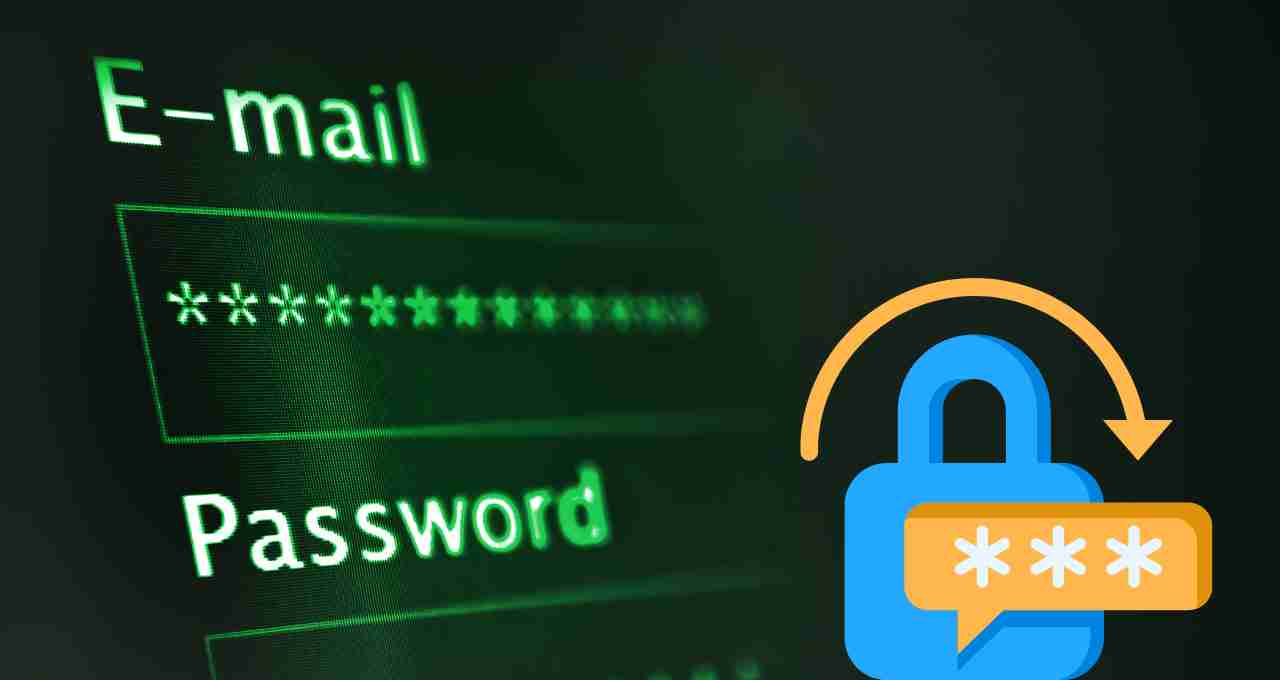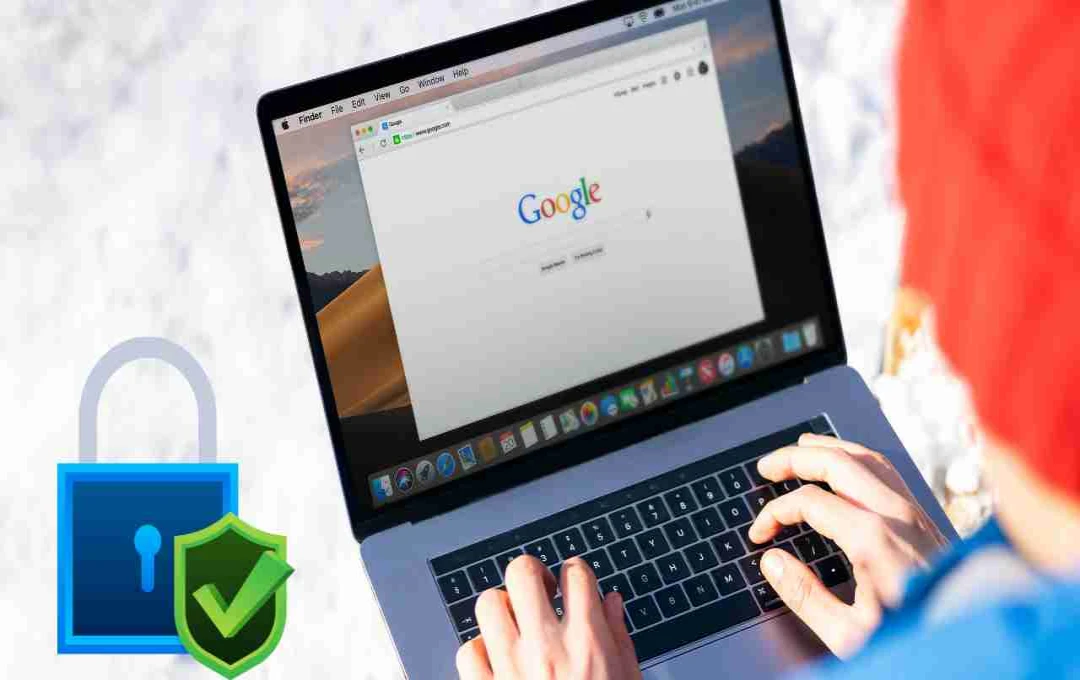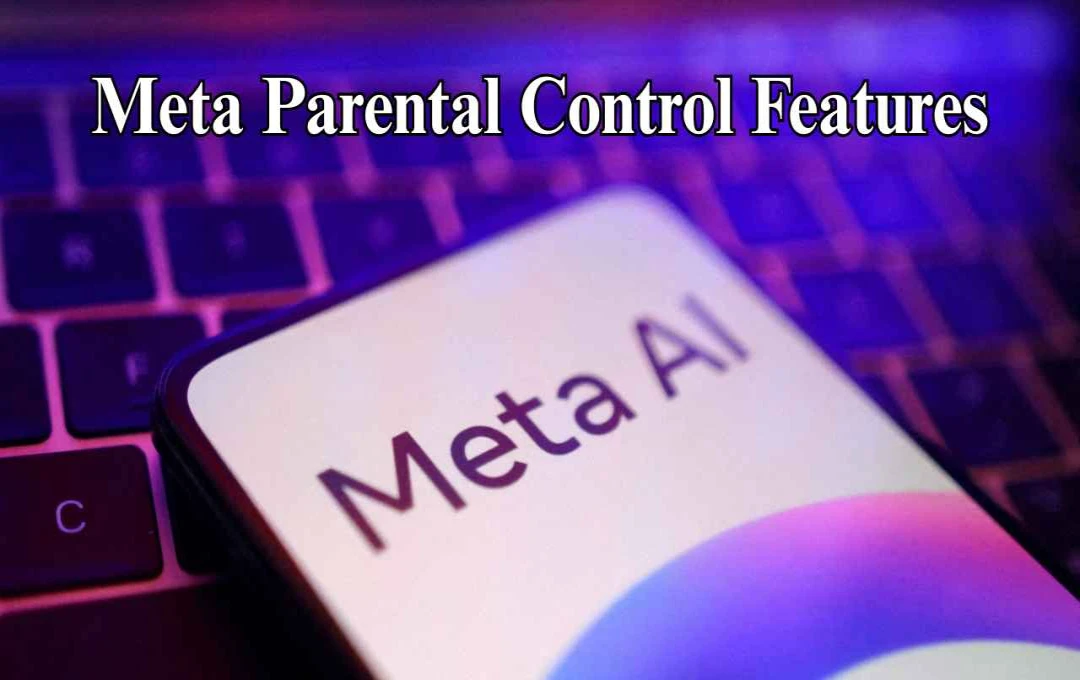If you use a smartphone, Gmail, Facebook, or any social media platform, it's crucial to be vigilant now.
The cyber world has once again witnessed a major upheaval. News of approximately 1.6 billion passwords and email IDs being leaked globally has spread a wave of anxiety among internet users. This cyberattack has affected major platforms like Google, Facebook, Apple, and Telegram. This is considered the largest data breach to date, encompassing individuals, government, and corporate networks.
The World's Largest Password Database Leaked
According to cybersecurity experts, this leak originated from an unsecured server left publicly accessible without any protection. This server contained recently changed passwords, meaning that it's not just old information; updated login details have also fallen into the hands of hackers. Researchers analyzed over 30 different datasets and confirmed over 3.5 billion records.
Who is at Risk?

The impact of this massive data leak is extremely widespread. Users of the following platforms may be affected:
- Apple ID
- Telegram
- LinkedIn and Twitter/X
- VPN and corporate email accounts
Government websites and government employee accounts
Since many users employ the same password across multiple platforms, a leaked password from one account means that several of their accounts could be simultaneously compromised.
Google's Stern Warning and Suggestions
Google considers this incident extremely serious and advises immediate action. Google's security experts have stated that if users don't take timely steps, not only their personal data but also their banking, social media, and even their devices could be completely compromised.
Key Security Suggestions from Google

- Change your passwords immediately: First, change the passwords for your Gmail, banking, social media, and work-related accounts. Especially those that haven't been updated for a long time.
- Create b passwords: Choose passwords that include uppercase and lowercase letters, numbers, and special characters. For example: A@b#12D$34.
- Enable two-factor authentication: Activate 2FA for every important account. This will make it difficult for hackers to access your account even if your password is stolen.
- Use the Passkey feature: Google recently launched the "Passkey" feature, a new and secure way to prevent phishing and password theft.
- Avoid suspicious links: Avoid clicking on links from unknown emails, messages, or websites. Most phishing attacks are carried out this way.
- Use a password manager: A reliable password manager helps you create different and secure passwords for different accounts.
How the Average Person Could Be Affected by the Data Leak
- Banking fraud: If your bank-related password is leaked, money could be stolen from your account.
- Social media hacking: By hacking accounts like Facebook, Instagram, and Telegram, cybercriminals can misuse your personal information.
- Email scams: Fake emails can be sent from your email ID, putting your contacts at risk.
- Sale on the dark web: Leaked data is often sold on the dark web, exposing your identity to criminals.
Don't Delay, Take Action Now
- Check and change all your passwords.
- Stop reusing passwords; use unique passwords for each site.
- Enable 2FA or OTP-based login.
- Update security on your phone and laptop.
- Take immediate action on any suspicious activity.
- Stay informed about cybersecurity news.
Experts' Warning
Cybersecurity companies say this leak is one of the most widespread and serious incidents to date. Not only has personal data been affected, but it also poses a significant threat to national security agencies, government institutions, and corporate networks. Digital vigilance is crucial at this time.















